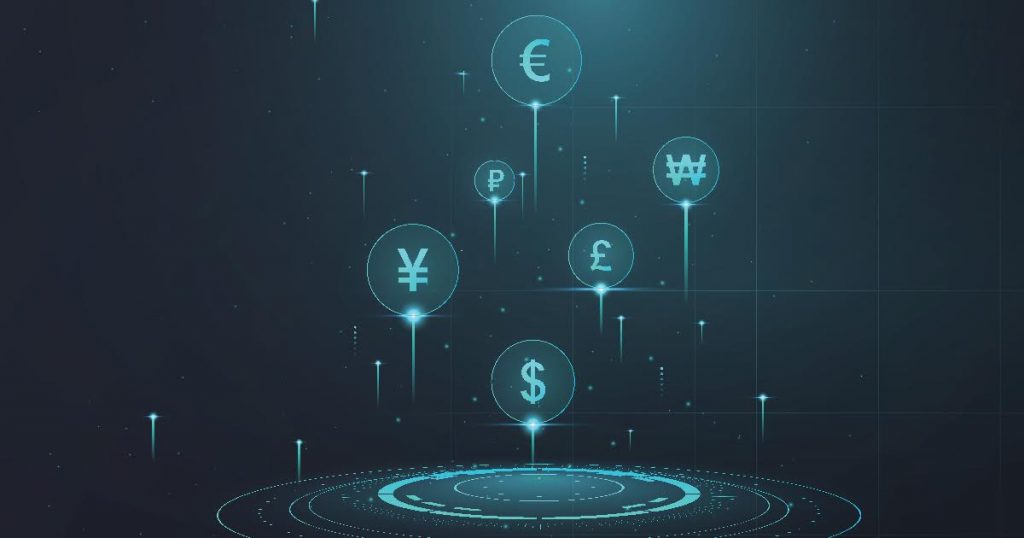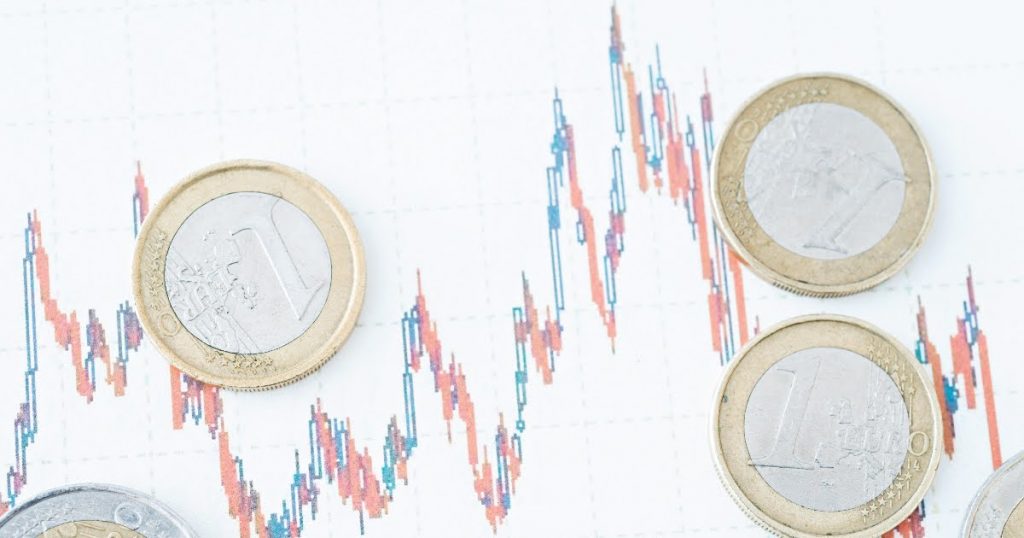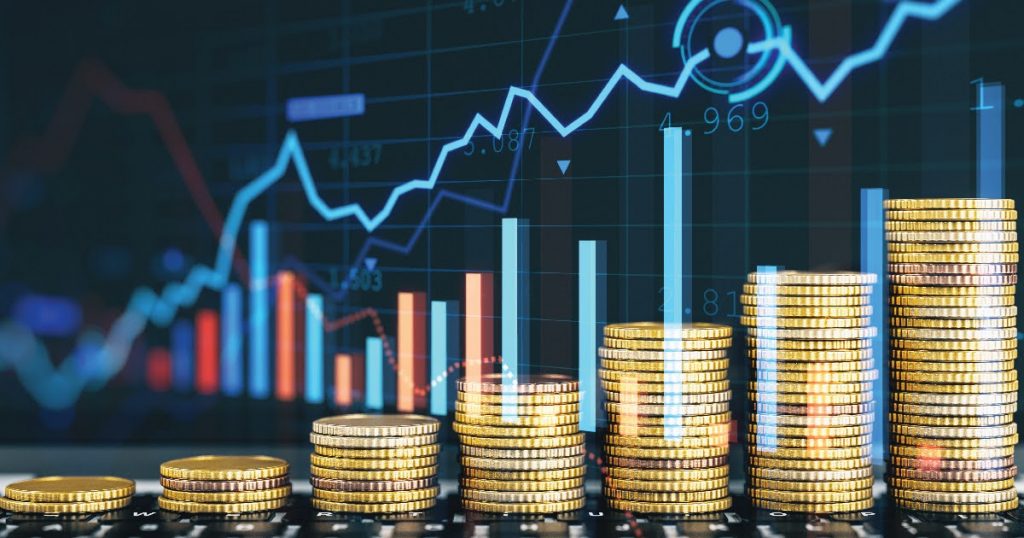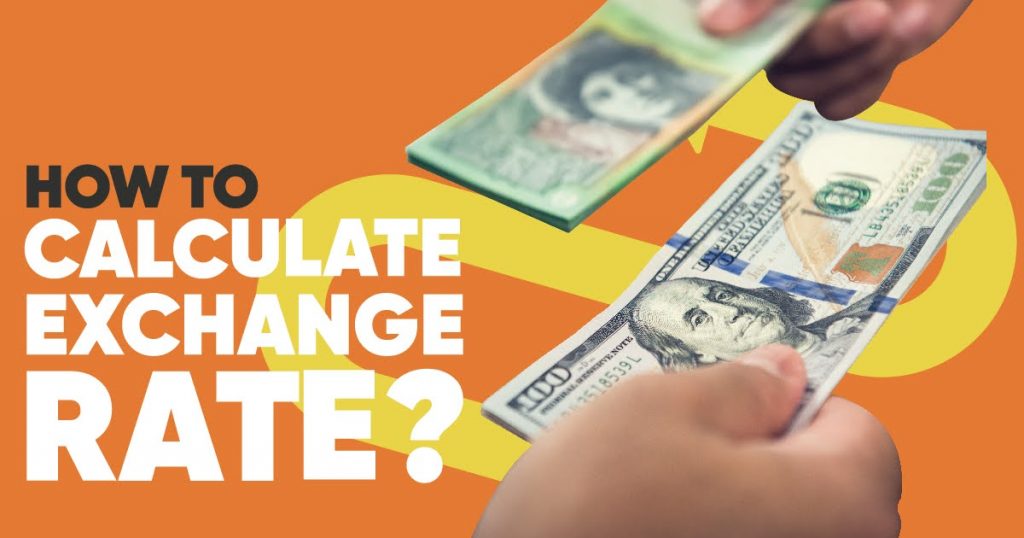
Currency Exchange Rates for Expats in the U.K
The concept of currency exchange rates often seems simple on the surface, but it is not. It can quickly become complex when diving into the details.
These rates play a pivotal role in cross-border financial activities. They affect both your spending and savings when you convert one local currency to another. It sees an average volume of a staggering $5 trillion per day.
Now you can make informed decisions whether you’re sending money home, travelling or investing. You’ll know what to do with terms like “exchange rate today” or “currency exchange” without breaking a sweat.
And remember, if you’re planning on sending money abroad, understanding these basics could save you more than just a few pennies.
What is the Currency Exchange Rate?
Think of local currency exchange rates like the score in a football match. They change and affect how you play. It’s a measure that tells you how much one local currency is worth compared to another.
So if you’re converting British Pounds to U.S. Dollars and the exchange rate is 1.35. That means £1 will get you $1.35.
Rates change minute by minute. So if you’re looking for the “best currency exchange rates” you’ll want to keep an eye on these numbers. Finding the right moment to make your move can make a big difference to what ends up in your wallet.
How do Currency Exchange Rates Work?
If currency exchange rates are the score, then who are the referees? Good question. Several factors influence these rates, economic conditions, political stability and market sentiment.
Fixed or Pegged Rates
A boat anchored to the shore; it doesn’t drift too far. Some countries have a fixed or pegged rate set by their government or central bank.
Floating Rates
This is like a boat at the mercy of the ocean’s currents. Market forces of supply and demand determine it and for those who are wondering, most currencies are floating. 90% of all forex trading is in the U.S. dollar
How Does the Currency Market Work?

You’ve heard of the term “currency market” or “Forex market”. For example imagine a 24/5 auction house, but everyone’s bidding on currencies instead of antique vases. It’s the world’s largest financial market with a daily trading volume of around $6.6 trillion.
Spot Market deals with today’s exchange rates.
Forward Market: Here you can fix exchange rates for transactions that will happen in the future.
Futures Market: Same as the forward market but with legally binding contracts.
What affects the market?
Three main influencers.
Interest Rates: The higher the better for the currency’s value generally.
Political Stability: No one wants to invest in a ticking time bomb; stable countries have stronger currencies.
Economic Indicators: These are the vital signs for a country’s financial health, GDP and inflation rates.

Exchange rates are far from constant, like the stock market. They go up and down for many reasons. Whether it’s economic data like GDP, inflation and interest rates or political stability, the ups and downs are inevitable. Within this landscape two main mechanisms steer the ship: free-floating and Fixed currencies.
Free Floating Currency
In the free floating currency world it’s all about letting the chips fall where they may. Here the market is king; supply and demand determines the exchange rates. When demand for a currency surges because of good economic news or political stability its value goes up. On the flip side, oversupply or negative sentiment can send a currency’s value down like a house of cards.
Fixed Currency
In a fixed currency system the government or a central authority takes control. They peg their currency to a stronger one like the U.S. Dollar or Euro. Sometimes even to a basket of currencies which acts as a stable anchor.
It’s a more stable system but not without its risks. If the pegged currency faces economic problems the central authority has to step in either by adjusting interest rates or by direct intervention to keep things steady
How to Leverage Currency Exchange Rate in Your Business?

If you understand currency exchange well it can give your business an edge especially if you are into international trade or have operations overseas. Here are some strategies businesses use:
Currency Conversion
Currency conversion is the bread and butter of international trade. For businessmen and expats securing the best exchange rate can be the difference between profit and loss. Always keep an eye on the market to know when to make your move.
Currency Arbitrage
For the more daring, currency arbitrage is like killing two birds with one stone. It’s buying and selling the same currency pair in different markets to take advantage of the difference in rates. But be careful; the market is fast and opportunities can disappear in a split second.
Currency Hedging
When things get tough hedging is your safety net. This strategy involves using financial instruments like futures or options to offset potential losses from adverse currency movements.
This may not guarantee big profits but it’s a conservative strategy that gives you peace of mind by minimizing risks.
Important Aspects Of Currency Exchange
In currency exchange there’s more than what meets the eye. Just like a good book it has its cover, plot twists and characters that makes the story come alive. In the world of currency exchange key aspects like Buy Rate, Commission and Spread are the building blocks. They determine how the story unfolds.
How to Read Currency Exchange Rates?
Reading currency exchange rates may seem like reading a foreign language at first. But once you get the hang of it you’ll be able to read it fast and know what those numbers and terms mean.
Buy Rate
This is the rate at which you can buy a currency. This is the number you’ll want to look at if you’re planning a trip abroad. When making international payments know the market rate; this is what the seller wants you to pay.
Commission
The middleman’s cut. Whenever you’re buying or selling currency there’s always a fee involved, called the commission. This could be a fixed fee or a percentage of the total transaction. Always look out for low commission options to get more value for your money.
Cross Rate
When you’re dealing with currency pairs that don’t involve your home currency, you’re looking at a cross rate. Let’s say you’re in the U.K. and want to learn how many Japanese Yen one Euro can buy. That’s where the cross rate comes into play.
Currency Pair
This is the two-currency combination you’re dealing with in any transaction. For example, GBP/USD means you’re looking at the exchange rate between the British Pound and the U.S. Dollar. In any pair the first currency is the ‘base’ and the second is the ‘quote’ currency.
Holiday Money Rate or Tourist Rate
If you’re planning a trip this is the rate you’ll get. It’s usually less favorable than the market rate because it includes a margin for the seller. It’s the exchange rate equivalent of a tourist trap—convenient but expensive.
Sell Rate
The buy rate is the price the seller is offering you to buy. The sell rate is the price they are willing to buy from you. So if you have leftover currency from a trip check the sell rate when converting it back to your home currency.
Spot Rate
The now of currency exchange. This is the current market rate for a currency pair which can change from one minute to another. This is the rate you’d get if you executed a trade right now.
Spread
The spread is the difference between the buy and sell rates. This is where currency exchange services make their money. A narrower spread means you’re getting a better rate closer to the market rate which is always a good thing.
How to Calculate Exchange Rate?

Time for a bit of Math 101 if you want the best currency exchange rates. Don’t worry it’s easier than you think. Calculating the exchange rate between two currencies is a simple process.
Know the Rate: First things first, learn the current exchange rate for the currencies you’re dealing with. Like 1 GBP = 1.35 USD.
Do the Math: Multiply the amount of money you’re converting by the exchange rate. So, if you have £100 and the GBP to USD rate is 1.35, you will do:
£100 x 1.35 = $135
Transaction Fees: Many financial platforms add a small margin or fee on top. Just factor this into your total.
And there you have it! You’ve got your converted currency.
Conclusion
Understanding currency exchange rates is not solving a Rubik’s Cube—confusing and frustrating. A mix of factors, such as political stability, economic indicators, and market demand, actively shape these rates.
If you’re an expat in the U.K., this info is golden for you, as you’re likely navigating cross-border transactions regularly. For favorable rates, timing is everything.
FAQ’s
What is the Currency Exchange Rate?
It’s the “price tag” that tells you how much one currency is worth compared to the other.
Where can I get the best currency Exchange Rates?
Check out Tangopay for competitive rates and a user-friendly mobile experience.
Can you predict the exchange rates?
Not exactly, but factors like economic data and political events offer clues.
Why do currency exchange rates fluctuate?
Think supply and demand plus a dash of economic and political factors.
